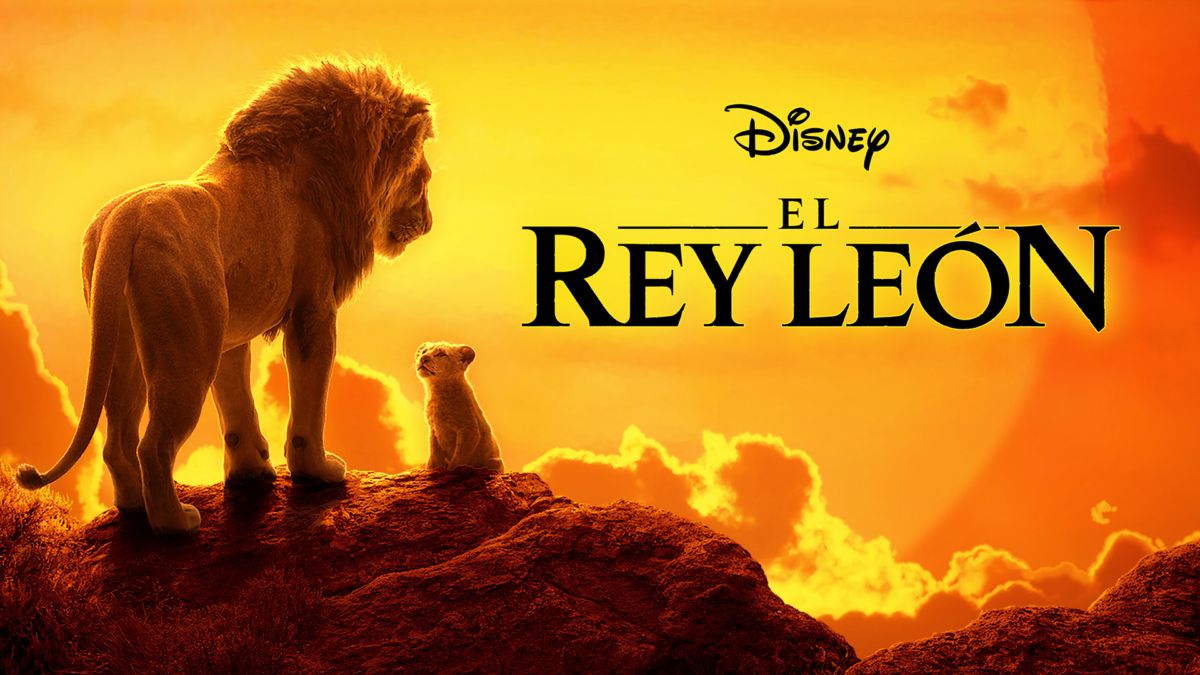
Shakespeare and The Lion King
William Shakespeare, the renowned playwright of the Elizabethan era, and Disney's "The Lion King" may seem worlds apart in terms of genre and medium, but intriguingly, there are striking parallels between the two.
"The Lion King," although a beloved animated film, draws its narrative essence from Shakespeare's timeless tragedy, "Hamlet." The storyline of "The Lion King" mirrors Hamlet's core themes, such as the struggle for power, familial betrayal, and the protagonist's journey to claim their rightful place in the kingdom.
Simba, the lion cub and protagonist of "The Lion King," shares similarities with Hamlet. Both characters experience a loss of a father figure and grapple with their internal conflicts and responsibilities. Simba, like Hamlet, faces the weighty task of avenging his father's death and reclaiming his kingdom from the treacherous uncle who usurped the throne.
Moreover, the character dynamics within "The Lion King" echo Shakespearean motifs. Scar, Simba's uncle, embodies the manipulative and power-hungry traits reminiscent of Claudius from "Hamlet." Both characters conspire to eliminate the rightful heir to the throne and rule in their own self-interest.
Additionally, the themes of fate, justice, and the cyclical nature of life resonate strongly in both works. Shakespeare's exploration of the human condition aligns with the deeper philosophical underpinnings subtly woven into the narrative of "The Lion King."
Furthermore, the use of language in Shakespeare's plays and the eloquent dialogue in "The Lion King" share a common thread. While one is expressed through intricate iambic pentameter and the other through vibrant animation and musicality, both mediums effectively convey profound emotions and complex narratives.
In essence, despite the apparent divergence in their presentation and form, "The Lion King" and Shakespeare's works converge in their exploration of universal themes, character depth, and the intricate interplay of human emotions, showcasing how timeless stories can transcend eras and mediums, captivating audiences across generations.
1."The Lion King" is entirely
disconnected from Shakespeare's works.
2.Simba, the protagonist in "The Lion King," does not experience any loss or internal conflicts.
3.Scar in "The Lion King" exhibits traits similar to Claudius from Shakespeare's "Hamlet."
4."The Lion King" explores themes such as fate, justice, and the cyclical nature of life.
5.Shakespeare's plays solely rely on iambic
pentameter, while "The Lion King" employs vibrant animation and music
to convey its narrative.
6.Both "The Lion King" and Shakespeare's works delve into universal themes and complex emotions.
7.The text suggests that "The Lion King" has no parallels or similarities with any of Shakespeare's works.
8.Simba, like Hamlet, confronts the challenge of avenging his father's death and reclaiming his kingdom.
9.Shakespeare's works don't delve into the human condition or universal themes.
10.The text implies that the language in "The Lion King" and Shakespeare's plays both effectively communicate emotions and narratives.